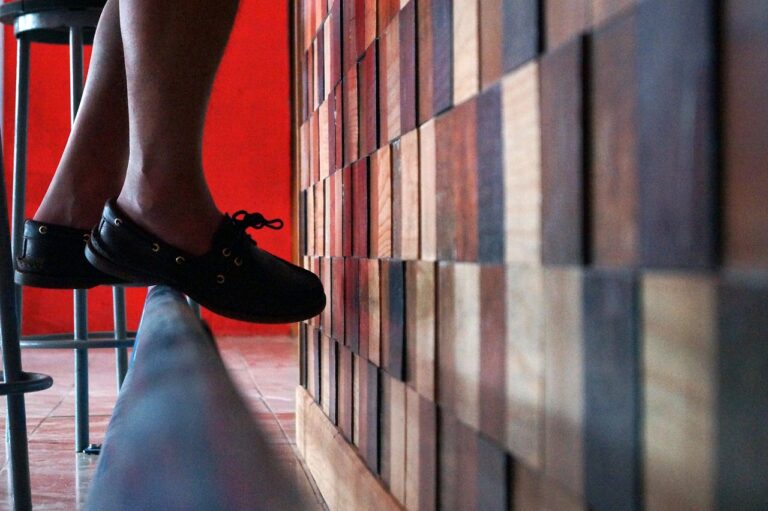The Psychology of Fine Dining: How Ambiance Affects the Dining Experience: Laser book 247, Silverexchange, 11xplay pro
laser book 247, silverexchange, 11xplay pro: Dining out is not just about the food on your plate; it’s also about the ambiance of the restaurant. The psychology of fine dining delves into how various factors like lighting, music, decor, and even the behavior of the staff can affect your overall dining experience. In this blog post, we will explore how ambiance plays a crucial role in shaping your perception of a restaurant and how it can enhance or detract from your enjoyment of the meal.
1. Lighting: The lighting in a restaurant can set the mood for your dining experience. Soft, dim lighting can create a cozy and intimate atmosphere, while bright, harsh lighting can feel cold and uninviting. Studies have shown that dim lighting can actually make food taste better, as it activates the part of your brain associated with pleasure and reward.
2. Music: The type of music playing in a restaurant can also influence your dining experience. Upbeat, fast-paced music can make you eat faster and leave sooner, while slow, relaxing music can encourage you to linger and savor your meal. The volume of the music is also crucial; loud music can be distracting and inhibit conversation, while too soft music can make the atmosphere feel dull.
3. Decor: The decor of a restaurant can create a sense of luxury, sophistication, or comfort. From the color scheme to the furniture to the artwork on the walls, every element contributes to the overall ambiance. Research has shown that certain colors like red can stimulate appetite, while blue can suppress it. The layout of the tables and seating arrangements can also impact how cozy or spacious the restaurant feels.
4. Staff Behavior: The behavior of the staff can greatly influence your dining experience. Friendly, attentive servers can make you feel welcome and cared for, while rude or inattentive staff can sour your experience. Studies have found that even small gestures like smiling, making eye contact, and using a customer’s name can enhance customer satisfaction.
5. Scent: The scent of a restaurant can have a powerful impact on your dining experience. The aroma of freshly baked bread, roasted coffee, or sizzling meat can stimulate your appetite and make your mouth water. On the other hand, unpleasant odors like grease or cleaning chemicals can be off-putting and diminish your enjoyment of the meal.
6. Noise Level: The noise level in a restaurant can also affect your dining experience. Excessive noise from other diners, kitchen clatter, or background music can make it difficult to focus on your meal and have a conversation. Quiet, peaceful surroundings can allow you to relax and fully appreciate the flavors and textures of the food.
FAQs:
Q: How can I find a restaurant with the right ambiance for me?
A: When choosing a restaurant, consider the type of experience you want to have. Whether you’re looking for a romantic dinner, a lively night out with friends, or a quiet meal alone, there is a restaurant with the perfect ambiance to suit your mood.
Q: Can ambiance really make a difference in how much I enjoy my meal?
A: Yes, ambiance plays a significant role in shaping your perception of a restaurant and can greatly enhance or detract from your dining experience. Aesthetic elements like lighting, music, decor, and staff behavior all contribute to creating a memorable meal.
Q: How can I create a similar ambiance at home for a special meal?
A: To recreate the ambiance of a fine dining experience at home, pay attention to lighting, music, decor, and even the scent of your surroundings. Set the table with elegant dinnerware, dim the lights, play some soft music, and perhaps light a scented candle to create a cozy and inviting atmosphere.
In conclusion, the psychology of fine dining demonstrates how ambiance can significantly impact how we perceive and enjoy a meal. By understanding the subtle yet powerful effects of factors like lighting, music, decor, staff behavior, scent, and noise level, we can make more informed choices when dining out and create memorable experiences that linger long after the last bite.







